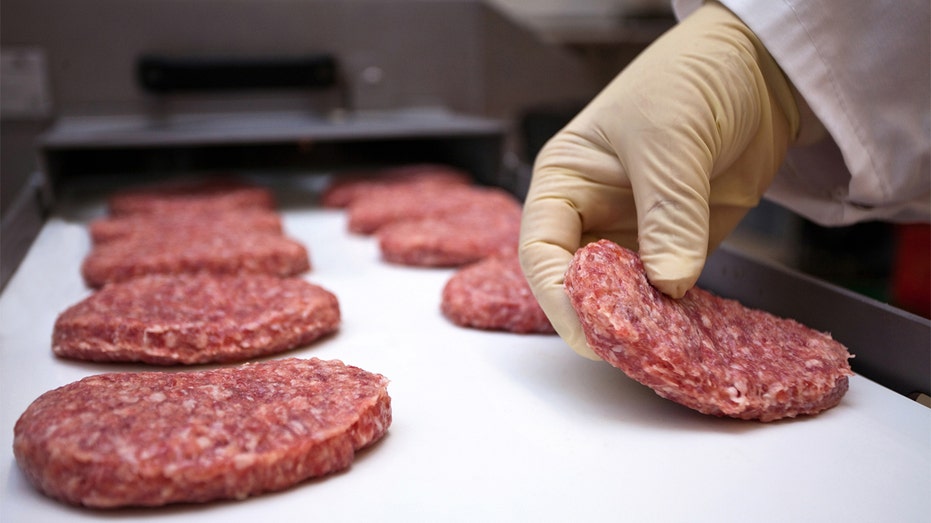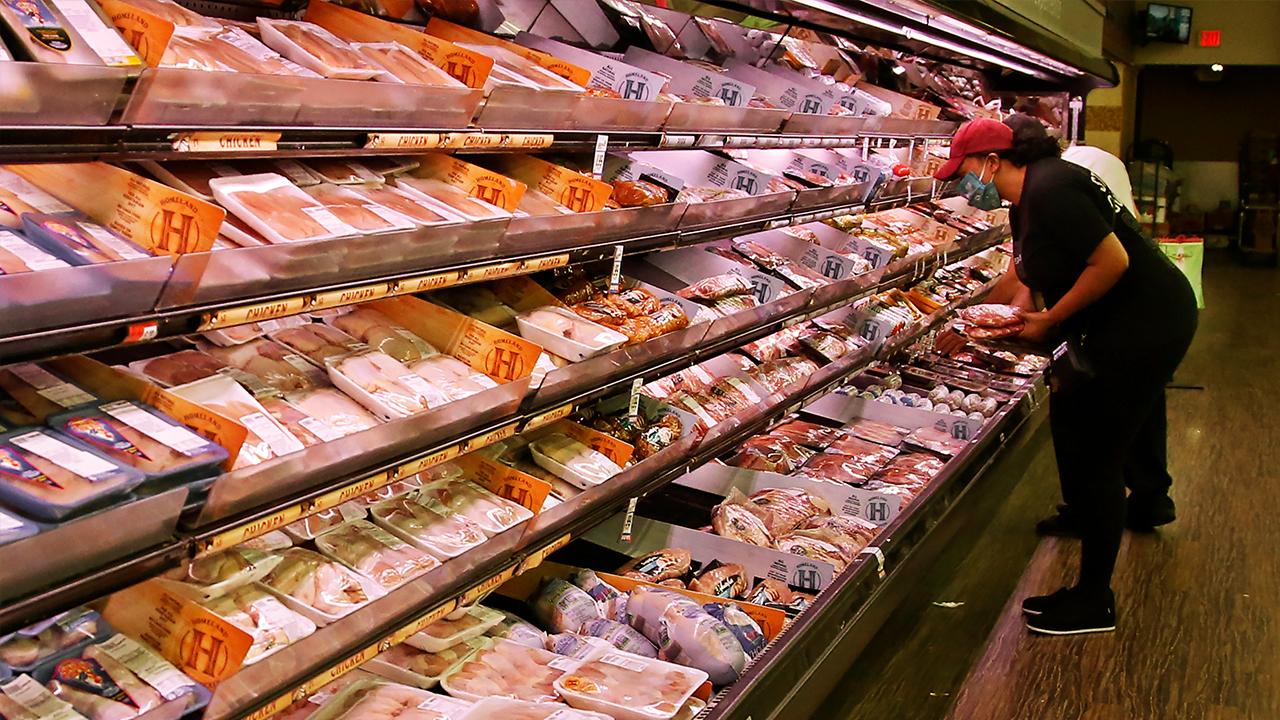Coronavirus creates ground beef shortage, drives prices for fast food restaurants
Wendy’s is trying to 'minimize the impact' to its customers
Get all the latest news on coronavirus and more delivered daily to your inbox. Sign up here.
The price of ground beef has surged due to the loss of supply created by processing plants that have curtailed operations to prevent the spread of COVID-19.
Since the outbreak began, restaurants have been battered by the economic shutdown intended to curb the spread of the COVID-19. Now, the rising prices of necessary supplies used to make hamburgers are only making it more difficult for fast food chains to gather the supplies needed, according to Restaurant Business.
Feeling the effects are the biggest heavy hitters in the fast-food industry including Wendy’s, which is trying to “minimize the impact" to its customers, a spokesperson for the company told Restaurant Business.
TRUMP ORDERS MEAT PROCESSING PLANTS TO STAY OPEN AS CORONAVIRUS RAVAGES SUPPLY
“As you’ve likely read, there have been challenges among protein suppliers across North America,” Wendy’s spokesperson Heidi Schauer told the outlet. “We are working closely with our supplier partners and restaurant teams to minimize the impact to our customers and continue to monitor this closely.”

(iStock)
Before President Trump took executive action to order meat processing plants to stay open, more than 20 meatpacking plants temporarily closed under pressure from local authorities and their own workers because of the virus, including two of the nation’s largest, one in Iowa and one in South Dakota.
Meanwhile, others slowed production as workers have fallen ill or stayed home to avoid getting sick. This means that meat can’t be delivered to grocery stores, restaurants that now are beginning to reopen or food banks that have record demand from people suddenly out of work. Some of that demand is being met by high levels of meat in cold storage, but analysts say that supply will quickly dwindle.
"Since its peak in late March, federally inspected beef production fell almost 32 percent through the week ending April 25 as the rate of cattle slaughter declined at several beef packing facilities," the U.S. Department of Agriculture announced. "The slowdown in cattle slaughter limited beef production at these facilities where operations temporarily closed or shifts were reduced."
The reduced output mixed with an increase in demand from restaurants and chains that are still operating pushed the price of beef trim to a three-year high, according to the report.
FILET MIGNON BOUNCES BACK FROM RECORD LOW CORONAVIRUS PRICE
Fast food chains typically buy 50 percent beef trim and 90 percent lean. However, demand for trim has increased its price to around $1.93 per pound, up from just $0.25 per pound at the beginning of April, according to the report.
The meat supply chain is especially vulnerable since processing is increasingly done at massive plants that butcher tens of thousands of animals daily, so the closure of even a few big ones can quickly be felt by customers. For instance, a Smithfield Foods plant that was forced to close in Sioux Falls, S.D., after nearly 300 of the plant’s 3,700 workers tested positive for the virus produces roughly 5 percent of the U.S. pork supply each day.
This demand for meat supplies is likely to increase further as more states begin to ease stay-at-home orders, allowing restaurants to resume limited operations.
"Now, throw in the fact that some states are starting to lift some restrictions, with restaurants starting to open, there is additional demand competing for the tight supplies," Gary Morrison, vice president and boxed beef reporter for Urner Barry, previously told FOX Business.
CLICK HERE TO READ MORE ON FOX BUSINESS
Grocery stores may also have to crack down on the number of meat products customers can buy at one time if they are not already, food supply chain expert Howard Dorman of consulting firm Mazars USA told FOX Business. Independent grocery stores and boutique shops may have a greater selection (but likely higher prices too) when supermarket supplies lag.
The situation may have been different had producers taken steps to protect workers from coronavirus earlier, Dorman said.
The Associated Press contributed to this report.




















